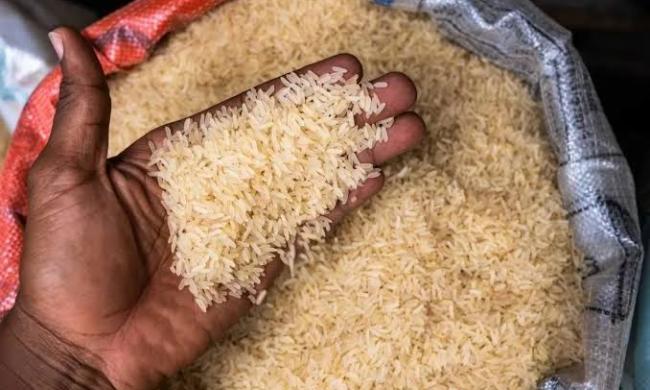
A prolonged power outage affecting Gombe, Jigawa, and Bauchi states has caused a sharp increase in rice prices, with a bag now selling for N120,000 to N160,000, up from the previous N110,000 to N150,000 range.
This week-long blackout, caused by the vandalism of power transmission lines, has significantly disrupted businesses and essential services such as healthcare, water supply, sanitation, and street lighting, according to the News Agency of Nigeria.
Rice millers in Gombe have expressed concern over the severe effects of the blackout on their operations. Musa Arab, a miller based in Nassarawo Industrial Layout, noted, “Investing in stable power is crucial for industries to succeed.” He further explained that high fuel prices make relying on generators unsustainable, forcing mills to cut rice supplies, which could have implications for food security.
Yusuf Ibrahim, another business owner, warned of rising inflation due to increased production costs. “Many have raised their prices to cover diesel expenses, which is pushing rice prices higher,” he explained.
For some small business owners, the lack of power has become a threat to their livelihoods. Ugochukwu Daniel, a bartender in Bauchi, emphasized that his business depends on electricity to chill drinks. “Without power, I can’t keep drinks cold, and my business can’t survive,” he stated.
In the laundry sector, Samuel Adamu reported using charcoal for ironing due to the power shortage, despite the price hike from N5,000 to N15,000 per sack. “I now wash the clothes myself and pay someone for ironing,” he said.
In Jigawa, Muhammad Adamu, Chairman of the State House Assembly Committee on Power and Energy, discussed the recent Jigawa Electricity Law 2024, aimed at addressing power challenges. “This new law will help set up the Jigawa Electricity Commission to regulate electricity within the state,” Adamu stated, emphasizing its measures to combat vandalism.
The new law, made possible by recent constitutional amendments allowing states to regulate power, is designed to provide “reliable, affordable, and sustainable electricity, which is essential for development,” particularly in rural areas.
Stay updated with more news on our WhatsApp channel.